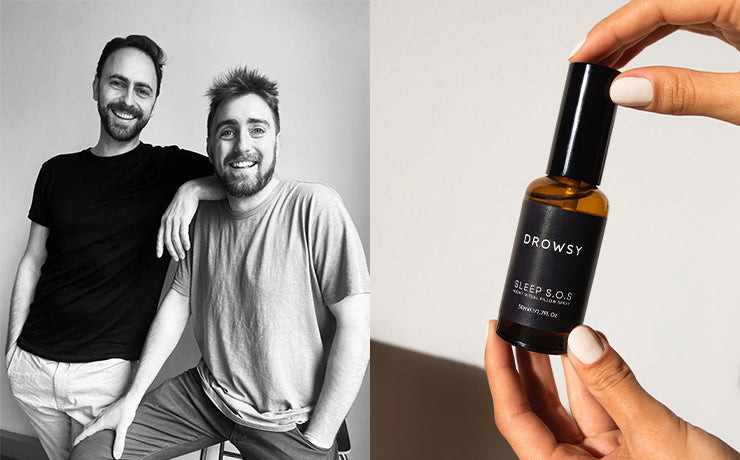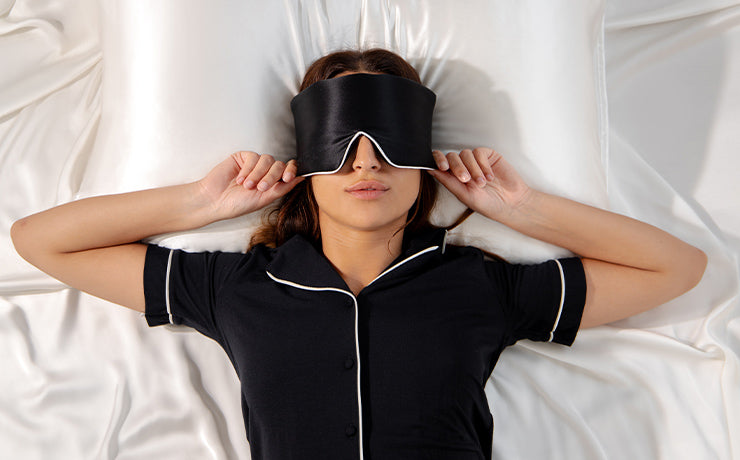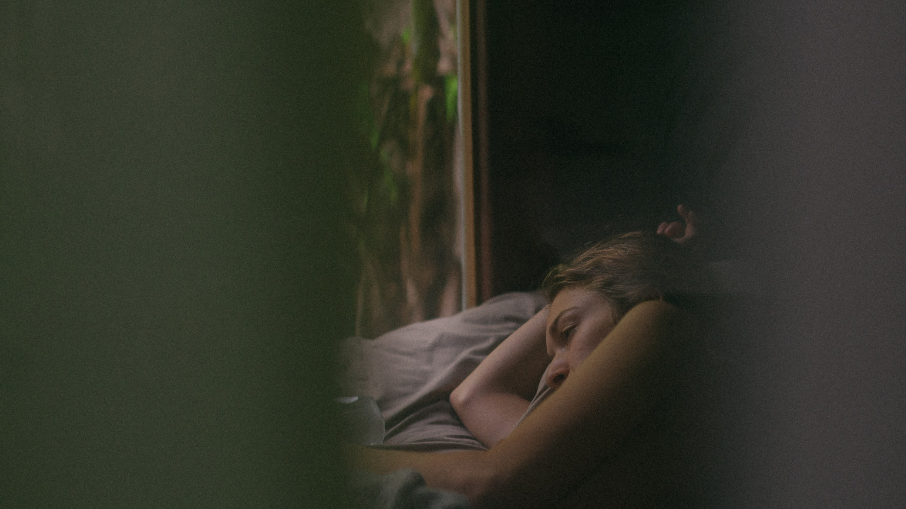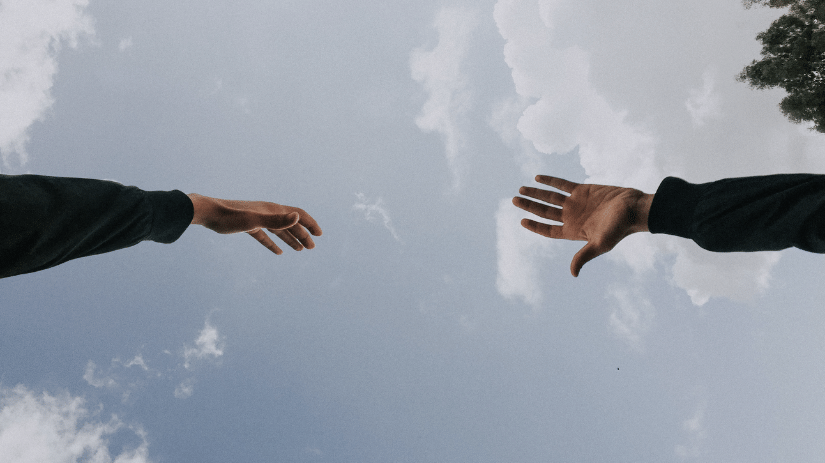Melatonin. Sleep help or sleep hoax?
Mela-who?
Melatonin is a synthetic pharmaceutical supplement that is used worldwide as a sleep aid. It is also a naturally occurring hormone produced by the pea-sized Pineal gland in the brain. It plays an important role in acting as your body’s natural pacemaker; regulating and maintaining your sleep-wake cycle or ‘Circadian Rhythm’ as it’s known by those in the know.
Normally the presence of the hormone melatonin is increased in the brain daily in the run up to sleep (usually as it starts to get dark). This increase happens approximately 2 hours before you hit the hay. So more important than taking melatonin supplements is remembering to keep to a strict sleep schedule to promote regular melatonin production. This is something we can’t stress enough… routine, routine, routine!
Unlike prescription sleep medication however, melatonin doesn’t make you fall asleep faster. It just changes when you might fall asleep. This is because it takes time for melatonin to become effective in your system, so taking melatonin right before bed won’t send you skyrocketing into a deep slumber. In fact you wouldn’t notice any effects until at least a few hours later - usually up to 5!
In this crazy, fast paced and technology-driven era we live in, it’s easy to fall victim to disturbances in your body’s sleep cycle. Not getting enough natural light during the day, exposure to blue light from screens at night and afternoon caffeine are all things that can disrupt your cycle.
When people feel that their internal clock is out of sync and their sleep is suffering, over-the-counter “natural” supplements like melatonin seem like an obvious first choice to combat it.
Can taking extra melatonin really improve my sleep?
For every person out there that tells you that melatonin works like a charm… there’s another that will tell you it’s a myth. The overall advice is that melatonin shouldn’t be used to try and treat chronic Insomnia. However it has been reported to be effective at helping treat sleep-wake cycle disturbances such as delayed sleep phase syndrome (DSPS) and possibly jet-lag. So for those who work night shifts, or who travel for business it could act as a tool to help adjust your body’s internal clock if necessary.
It’s also important to understand that melatonin won’t help you sleep more soundly through the night, so if you are able to fall asleep fairly easily, but you wake up during the night instead, then you more than certainly don’t have sleep-wake cycle disruption and therefore, melatonin isn’t going to work for you.
Although you’re unlikely to become dependent on it, taking melatonin as a supplement for sleep is only recommended for short term use. This is because it is widely unregulated and despite its reputation for being a “safe, natural alternative” there is some evidence to suggest that it can cause changes in immune and metabolic systems (and even reproduction in animals) and no in-depth studies into the long term use of melatonin in humans have been carried out.
Also important to bear in mind are the official statistics of the results of using melatonin for sleep. Some reports suggest that after taking melatonin, users only fell asleep on average 7 minutes earlier than normal. You’re probably thinking what we’re thinking at this point...
If you are considering taking melatonin, you should consult your doctor first to see if it’s the right supplement for you. This is important as dosage must be considered to avoid unwanted side effects such as raised blood pressure or feelings of grogginess in the morning.
Remember!! Your Pineal gland produces enough melatonin to maintain and regulate your circadian rhythm. It’s down to YOU to provide it with the conditions to secrete that special stuff at the right time of day so you can nod off like clockwork, every night.
The Drowsy sleep routine:
- Natural light during the day
- Exercise (but not too late)
- Don’t touch caffeine after midday
- Turn off screens 2 hours before bed
- Relax with Drowsy State of Sleep Spray.




